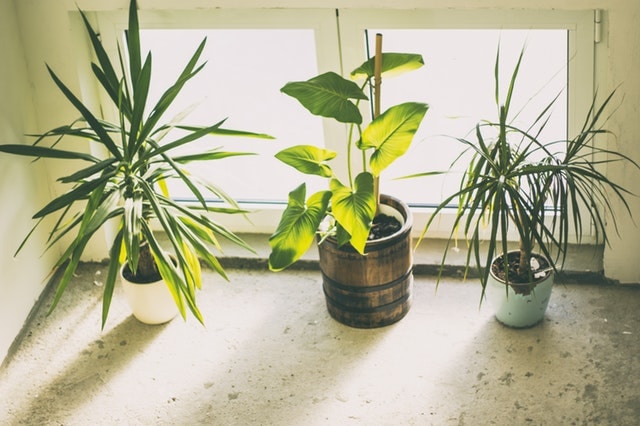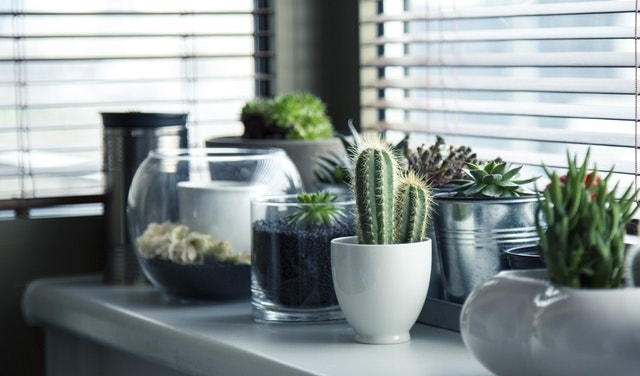Last Updated on 8 months by Namrata
Creating a chicken-friendly garden seems like a big job at first, but it’s quite achievable with some planning. By making your chickens feel welcome, you can enjoy the benefits of a lush garden along with freshly laid eggs! In this guide, I’ll share tips on designing spaces for both chickens and plants to thrive.
With the right setup, chickens can help your garden in surprising ways. Did you know their poop makes excellent compost? They also like to snack on pests that bother plants. By learning how to set up coops, fences, and plant beds, you’ll have a win-win setup where chickens and gardeners both feel at home. I’ll cover designing areas for chickens, protecting valuable plants, and using chicken habits to your advantage through composting and pest control. With a little prep work, your whole homestead can work together harmoniously.
Garden Layout and Design
Chicken Zone Planning
The first step is designating a specific zone of the garden for your chickens to freely roam and forage. This helps prevent damage to other garden beds. Use fencing, hedges, or landscape barriers to clearly define the chickens’ area. Within their space, include features like scattered greens for grazing, patches of grass for scratching, and shady trees or structures for respite from the sun.
Plant Selection
When selecting plants for the chicken zone, opt for foliage and blossoms that benefit both chickens and garden aesthetics. Herbs like thyme, oregano, and parsley are ideal choices as they offer nutritional nibbling and attract helpful insects. Chickens also enjoy eating leafy greens and brassicas. For visual interest, incorporate flowers that produce seeds and bugs for foraging like calendula and yarrow. Ensure an array of edible and insectary plants to keep the chickens happily engaged in the space.
MORE POSTS: 10 Killer DIY Garden Hacks You Can Easily Do Yourself
Coop and Run Integration
Coop Placement
Proper orientation of the chicken coop is crucial. Position it in a convenient area of the garden that’s a short distance from the chicken zone, allowing easy access back and forth. This encourages the chickens to freely meander the garden during the day and then safely return to their home base at night.
Integration Techniques
To successfully integrate the chicken living quarters into the garden, use fence panels or chicken wire dug into the ground to completely separate the coop and run from surrounding garden beds. This establishes a physical boundary the chickens cannot cross while still permitting you to easily reach all areas of the yard. Consider also creating a “chicken run” enclosure connected to the coop where the chickens can roam and scratch during the day without disturbing plants.
Garden Protection
Fencing
Certain garden areas may require stronger protection from chickens’ instincts of scratching, pecking, and dust bathing. Install fencing material around vulnerable beds that are tall and sturdy enough to keep chickens corralled in their designated space. Chicken wire is a practical, affordable solution that allows you to still access plants from outside the fence line.
Raised Beds
As an alternative to fencing, construct tall wooden or stone-raised beds that chicken claws cannot infiltrate. The added elevation serves as a successful physical barrier, preventing chickens from disturbing rooted plants or scratching in soil.
Sustainability and Maintenance
Composting
One of the most rewarding parts of having chickens in the garden is composting their manure to nourish the soil. Their droppings, combined with vegetative waste from the kitchen and garden prunings, make superb compost for planting beds. Be sure to allow sufficient time for the mixture to fully break down before applying to plants.
Pest Control
By encouraging natural foraging behavior, chickens can help significantly ecologically control pests. Their diligent scratching and bill scratching help curb populations of slugs, snails, grubs, and insects without the use of chemicals. Their grazing on fallen produce also tidies up after prior plantings.
Safety and Health
Plant Selection
When picking what to grow, avoid anything badly poisonous that could make chickens super sick if eaten a lot. Rhododendrons and some nightshade plants need watching. But tomatoes, potatoes, and most common garden veggies won’t hurt chickens if eaten in moderation as part of a balanced diet. Like with people’s food, too much of anything can cause an icky tummy. Do your research to know what’s good and not so good for your flock. Pick plants that chickens have traditionally eaten without problems.
Chicken Health
Check in daily to ensure your feathery friends have access to clean drinking water and a balanced feed appropriate for their life stage. Regular health inspections help catch any injuries, illnesses, or parasites early. Addressing issues promptly leads to happier, healthier chickens.
Enjoying the Benefits
Fresh Eggs and Produce
One of the most enjoyable aspects of an integrated garden is enjoying the nutritional benefits. Eat fresh from the garden by harvesting your homegrown vegetables at their prime. Also collect delicious, nutritious eggs daily from your contented hens. Share extras with friends and family.
Quality Time
Spend relaxing moments in the garden closely observing the chickens’ amusing antics like dust bathing, foraging, and socializing with their flock. Their entertainment value is endless. It’s also a wonderful way to teach children responsibility through hands-on experiences with these gentle birds.
The Perks of Sharing Space
When you put in the effort to care for chickens and plants alike, your whole backyard habitat can thrive. Nurturing this sustainable, mutually beneficial ecosystem has perks like homegrown nutrition, stress relief, education for yourself or kids, and enjoying nature.
Learning for the Future
If you’re thinking about getting chickens or starting a garden, I hope this guide gives you ideas to make it a success. By putting care, thought, and respect into the layout and maintenance, everyone and everything benefits—from the animals and plants to yourself. You’ll experience the rewards of abundance from the land, knowledge gained, and enjoyment for the whole family. I wish you the best of luck creating your chicken-friendly getaway!
MORE POSTS: 20 Low-Maintenance Cottage Garden Ideas





